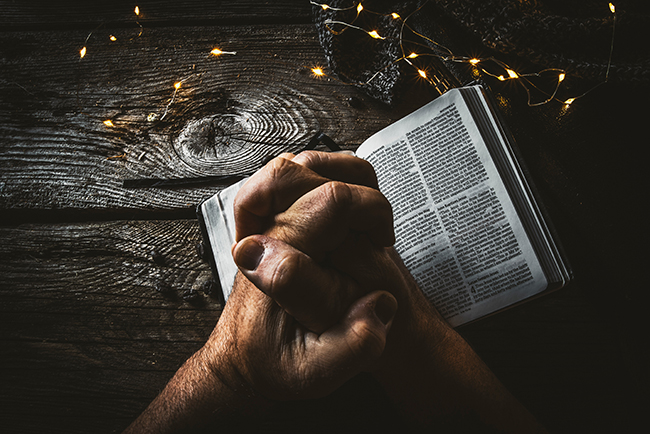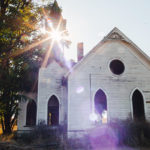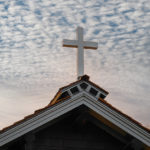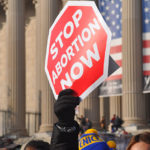
Half of Americans say they believe God exists and have no doubts. In 1993, 65% of Americans said they were certain God existed.
By Aaron Earls
While U.S. currency says “In God We Trust,” just half of U.S. adults have certainty about God’s existence.
When asked about their confidence in God’s existence, 50% say they know God exists and have no doubts, according to the latest General Social Survey (GSS). In 1993, 65% of Americans said they were certain God existed, and the percentage has been sliding down ever since.
Similarly, the latest Gallup survey finds a decline in belief in God. When asked specifically if they believe in God, 81% of Americans say yes, the lowest percentage in the history of the survey.
Only 50% of Americans say they know God exists and have no doubts, according to the General Social Survey. Click To TweetAccording to the GSS data, most of those who have left behind certainty in God’s existence haven’t moved to certainty in the opposite direction. Since 1993, the percentage of those who say they don’t believe in God has only risen from 3% to 7%. Agnosticism, not knowing if there’s a God and believing there’s no way to find out, is up from 4% to 7%. The percentage of those who say they believe in some higher power has increased from 8% to 14%. And the percentage who believe in God sometimes has ticked up from 3% to 6%.
Groups least likely to know God exists
Sure belief in God has particularly fallen among young adults. In 1993, 63% of 18- to 34-year-olds knew God existed with no doubts. Today, just 36% have the same confidence. Other age demographics have fallen, but not to the same extent. Belief in the divine among 35- to 49-year-olds is down to 49%. While the percentage of those 50 and older who have complete confidence in God’s existence remains higher than other age groups, it has dropped to 58%.
Belief in God among upper-class Americans has actually increased over the past two decades, from 49% to 53%. But it has declined in every other class designation. Middle-class belief is down from 62% in 1993 to 44%. Working-class has declined from 67% to 54%. And lower class has dropped from 75% to 57%.
Belief in God among upper-class Americans has actually increased over the past two decades, from 49% to 53%. But it has declined in every other class designation, according to the GSS. Click To TweetAmong marital status, there is a growing gap between never-married adults and everyone else. Most other groups—married, divorced, and widowed—show a declining trend in confident belief in God. For those who have never married, however, the drop has been precipitous—from 57% in 1993 to 34% today.
Politically speaking, a God gap has emerged that didn’t exist 20 years ago. In 1993, Republicans (67%) and Democrats (66%) were just as likely to express confidence in God’s existence. Independents weren’t far behind at 61%. Now, while 67% of Republicans still say they know God exists and have no doubts, belief among Independents has dropped 14 points to 47% and Democrats have fallen 26 points to 40%.
Among ethnic groups, confidence in God’s existence has remained fairly steady among Black Americans. In 1993, 79% knew God existed without any doubts, while 73% say so today. Among non-Black minorities, the percentage who confidently say God exists dropped from 60% to 52%. For white American adults, however, those who express certainty in God’s existence fell from 63% to 46%.
While women are still more likely than men to say they know God exists without any doubts, the gender gap is narrowing. In 1993, 72% of women had confidence in God’s existence and 56% of men said the same. Now, 55% of women and 44% of men have the same levels of certainty—a 17-point drop among women and a 12-point decline for men.
For permission to republish this article, contact Marissa Postell Sullivan.













